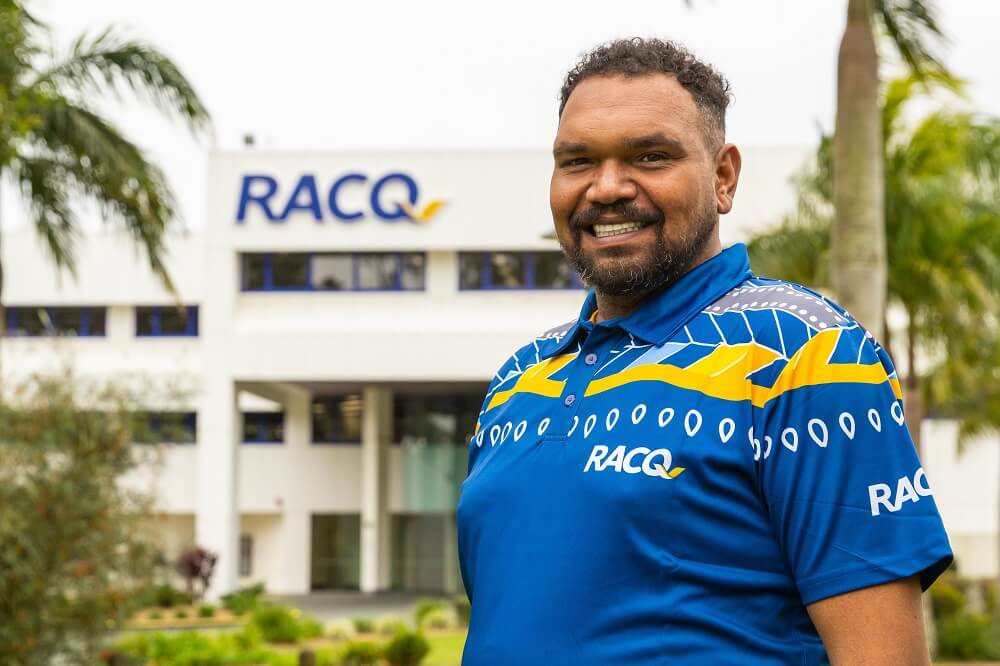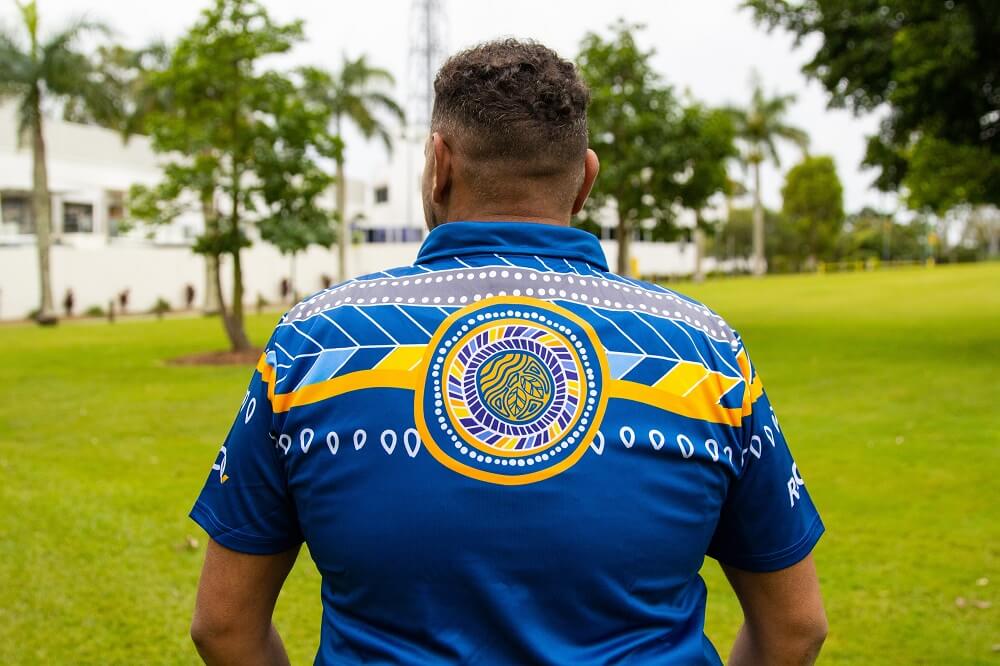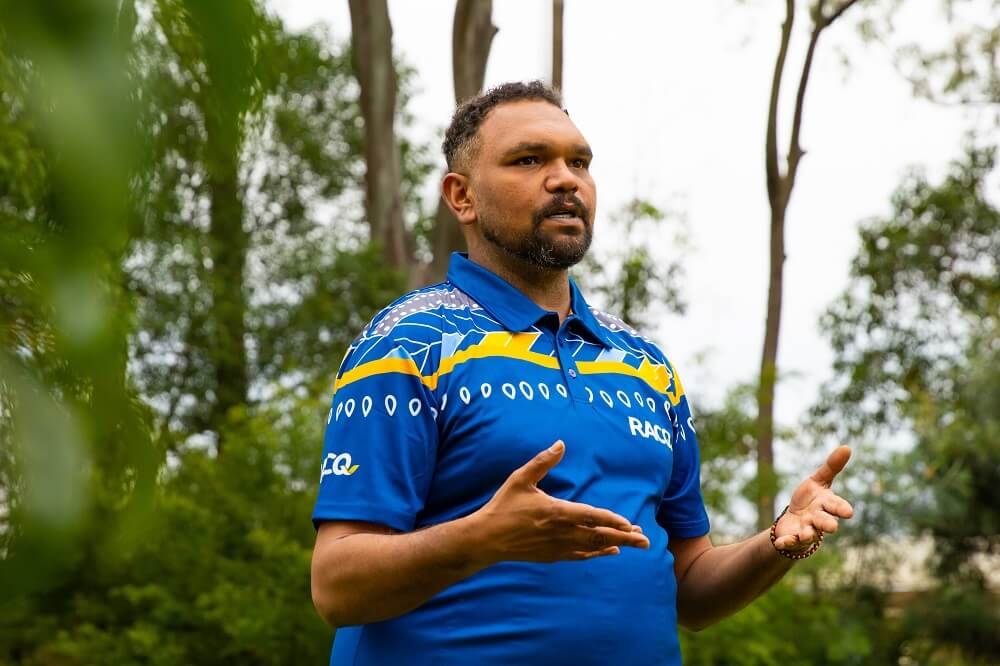A change for the better

Every NAIDOC Week Bowman Johnson, one of our Aboriginal and Torres Strait Islander Assistance Service Consultants, has memories of himself as a little boy, sitting on his father’s shoulders, marching through the streets of Brisbane with a megaphone chanting passionately for land rights.
For most of his life, the basic human right of feeling ‘accepted’ has been a battle. Not just for him, but for his family members who, like many First Nations people, have had to transition from their country life to one in the city.
His father, who comes from the Wiri People of the Burri Gubba Nation in the Mackay region, taught him to always stand up for what he believes in, which today has become a lot easier.
That’s why events like NAIDOC Week are so important, as it offers an opportunity for the community and companies to recognise and learn about the history, culture and achievements of Aboriginal and Torres Strait Islander people.

“This is my first year of working with RACQ and I love it,” Mr Johnson said.
“RACQ has a great energy and enthusiasm for embracing diversity.
“Sometimes when you are the only Indigenous person at work it can feel overwhelming but here I don’t feel that at all.
“I feel comfortable sharing my culture without fear of discrimination.
“NAIDOC Week is very important to me and it’s great to work with a company that is open to celebrating it.”

Since joining RACQ, Bowman has been able to connect with other First Nations people through RACQ’s Reconciliation Action Plan (RAP) committee and has presented the Welcome to Country at various internal and external events.
He is also very proud of some of the other reconciliation activities happening within RACQ like the utilisation of designs crafted by Leigh Harris from the Indigenous design agency Ingenous Studios that have been used for uniforms, RACQ’s Reconciliation Action Plan and on the plaques in our stores and Autoglass sites which acknowledge the Traditional Owners of the lands on which we operate across the state.
“I love where multiculturalism is at this point in time,” Mr Johnson said.
“People are more open to talking about my background and are eager to learn about it.
“It’s such a different energy to what it was 10 years ago.
“Now Indigenous people can embrace their culture without having to defend it.”
Related topics
Things to note
The information in this article has been prepared for general information purposes only and is not intended as legal advice or specific advice to any particular person. Any advice contained in the document is general advice, not intended as legal advice or professional advice and does not take into account any person’s particular circumstances. Before acting on anything based on this advice you should consider its appropriateness to you, having regard to your objectives and needs.